Ukraine's former president: Putin's obsession with Ukraine could be mental disorder
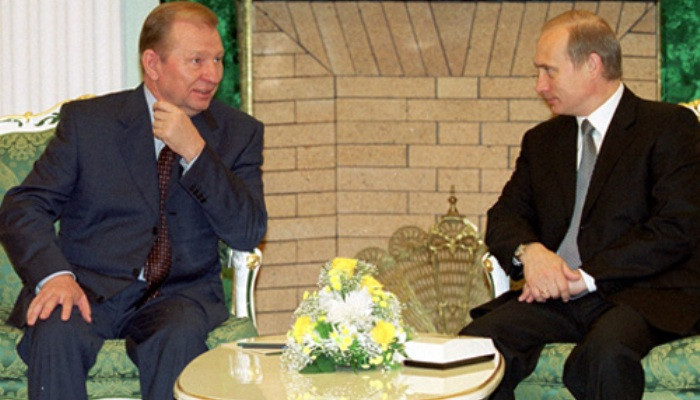 Ukraine’s former president Leonid Kuchma has warned that the US “will lose face before the entire world” if it abandons Kyiv, and said mistakes by the west contributed to Vladimir Putin’s all-out invasion last year. In his first interview with a western publication since 2015, Kuchma described Putin as a career KGB operative. “It’s his profession, with everything that implies,” he said, adding: “People say his obsession with Ukraine is a kind of mania or mental disorder. Maybe it’s true.” Putin’s goal was not only to seize land but to destroy the “concept” of Ukraine itself, as a “competitive alternative to Russia”, he said. “The proof of this is the terrible human losses and reputational sacrifices that Putin is willing to make for this,” he suggested. Kuchma – a Russian-speaker from Ukraine’s industrial south-east and the ex-director of a Soviet rocket factory – was president of Ukraine between 1994 and 2005. He signed two historic agreements with Russia that guaranteed Ukraine’s post-USSR borders: the 1995 Budapest Memorandum and a 1997 treaty of friendship, negotiated with Boris Yeltsin, with whom he had good relations, and ratified by the Duma. The first indication of Moscow’s revisionist ambitions came in 2003, Kuchma said. Putin, Russia’s new president, laid claim to the small island of Tuzla in the Black Sea, between Crimea and the Russian mainland. On this occasion Putin backed down. He gave further “clear signals” of his intention to expand Russia’s borders by force when he sent troops in 2008 into neighbouring Georgia. He followed this up in spring 2014 by seizing Crimea. “It was extremely unpleasant that the world didn’t react. It was silent,” Kuchma said. “Putin understood that he could do anything because there was no principled response.” Russia was able to seize further territory in the eastern Donbas region, he explained, beginning an almost decade-long Russo-Ukrainian war. “We have to hope Biden can get the legislation through. The US has lost Afghanistan. Defeat for Ukraine means the US loses face before the entire world,” Kuchma said. Asked if Kyiv could win, at a time when international solidarity appears to be waning, he replied: “I believe in victory. I can’t exist in any other way.” The former president said it was unrealistic to think Putin would agree to peace talks. He has already declared that four Ukrainian provinces in the south and east “belong” to Russia, even though they are only partly under Moscow’s control. He added: “Putin can’t sign a document which states that he didn’t get what he wanted [in Ukraine]. He would have to explain this to the Russian people. He’s the leader of Russia.” Last month Kuchma, 85, published an updated edition of Ukraine is Not Russia, a book he wrote in 2003. The original edition was addressed to Russians and Ukrainians. Much of it now looks prophetic. He complained that Russian politicians saw his country as an “indivisible part of Russia”. They regarded Ukrainians as “yokels” and “country cousins”, with a quaint “ethnographic” culture. The new version of Kuchma’s book concedes that his efforts to enlighten ordinary Russians were “in vain”. They overwhelmingly supported Putin’s “aggression” and “imperialist” so-called special operation, he said. Asked why Ukraine resisted Russia last year, to the Kremlin’s surprise, Kuchma answered: “Because Russians are not Ukrainians. They have a different mentality.” He said the Russian way of thinking derived from the Mongols, who ruled early Moscow. Ukraine, by contrast, originated with Kyivan Rus, the ninth-century Orthodox princedom, whose legacy Putin controversially claims. “For centuries the west saw Ukraine exclusively through a Russian lens,” Kuchma said, adding that Moscow used its size and natural resources to “hypnotise” and “bluff” foreign leaders. Kuchma said he had never been “anti-Russian” as a person and politician. He had tried to establish friendly – and equal – relations. This proved impossible because Russia under Putin wanted “integration” rather than cooperation. The book details Kuchma’s wartime childhood, growing up in a rustic village in Polesia, a northern forested region near the border with today’s Belarus. His father died fighting the Nazis. Kuchma’s widowed mother was a schoolteacher. Their family was poor. He carried water, tended the vegetable patch and grazed cows. In the 1950s he studied physics and became active in communist politics. Kuchma met his Russian wife at an organised weeding expedition. He became the director of Yuzhmash, Europe’s largest missile factory. In the 1980s his awareness that he was Ukrainian and not Russian grew. After the Soviet Union fell apart, Kuchma became a Ukrainian MP, then prime minister and president. |
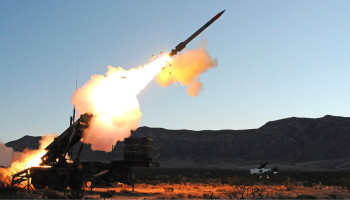
Ukraine asks US for anti-ICBM weapons — media
458Yesterday, 19:36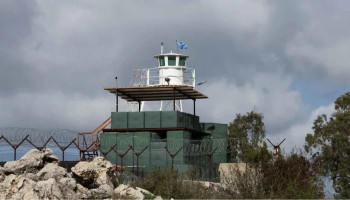
4 Italian peacekeepers injured in rocket attack on UNIFIL base in southern Lebanon
485Yesterday, 19:06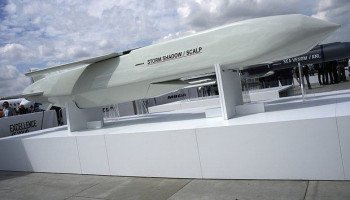
The Times learned about the US permission for Storm Shadow strikes deep into the Russian Federation
68620.11.2024, 17:48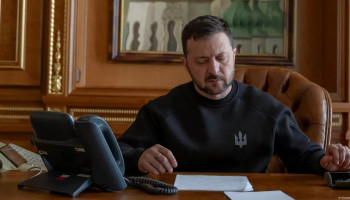
Zelensky: Without US support, Ukraine may lose the war
71720.11.2024, 11:00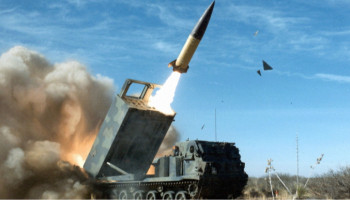
Ukraine hits Russia with US ATACMS missiles for first time on war's 1,000th day (photo)
76320.11.2024, 00:18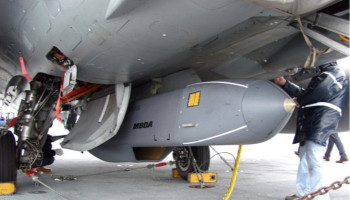
UK could be low on Storm Shadow missiles for Kiev – The Times
104017.11.2024, 21:00
